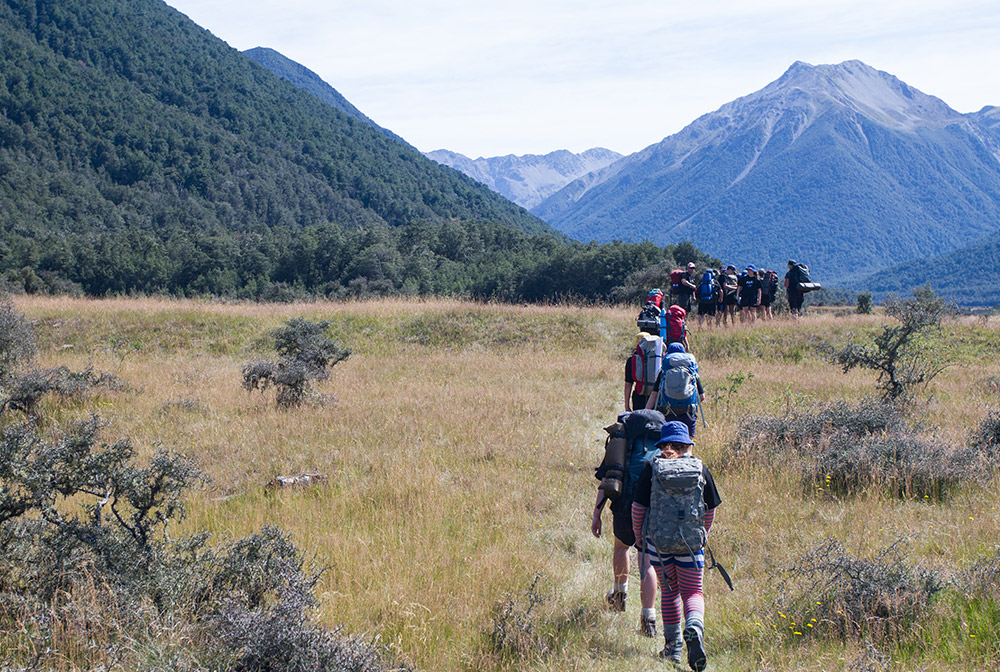Problem-solving skills have never been more important for our young people to develop. Today, change is happening incredibly fast, and we must equip our students for an unknown future.
What type of problem-solving should we be teaching?
Problem-solving is more than completing maths problems. Problem-solving is finding your way through difficult circumstances, overcoming challenges, thinking creatively to improve situations, and figuring out how to meet goals. Fortunately, we can help our young people enjoy growing these skills by taking them outdoors.
Why should you head outdoors for problem-solving skills?
One of the best things about outdoor education and programmes like the William Pike Challenge is that they put you in unfamiliar situations. You need to take on new roles and work with others in different ways. To manage a safe river crossing together, you have to make sure everyone in your group has the right support. You need to work as a team, communicate well, respect one another, and offer encouragement to succeed in outdoor activities.
Discovering new skills lifts your self-esteem and gives you the courage to face obstacles. Sorting out your shelter, getting food ready, and finding your way is fundamentally different when you’re outdoors. These activities are all opportunities to develop. For example, navigation uses analytic abilities, evaluating options, and making decisions. In the outdoor environment, you can’t rely on a computer!
Spending time outdoors can widen your perspective. Learning about the social, cultural, and scientific influences on the environment helps broaden your understanding of the world. It also shows how everything in an ecosystem is linked. If you can appreciate interdependence, you’ll be better prepared for life in our increasingly connected world. And we need more of that.
Planning your outdoor activity is an excellent way to grow problem-solving skills.
Outdoor Activities both near classroom and further afield offer valuable experiences. Did you know you can start developing problem-solving skills before you even leave?
Planning your activity together and talking about what you can expect will help students to consider risks and how they can mitigate them. Another opportunity is to discuss how to care for the environment that you’ll visit. You’ll probably be impressed with the ideas everyone shares when you prompt them.
You’ll nurture problem-solving skills if you let your students lead in the outdoors. Let them get stuck in and wrestle with challenges. Give them support when they ask for it – knowing when to ask for help is a valuable skill too! So, off you go, and explore more!
